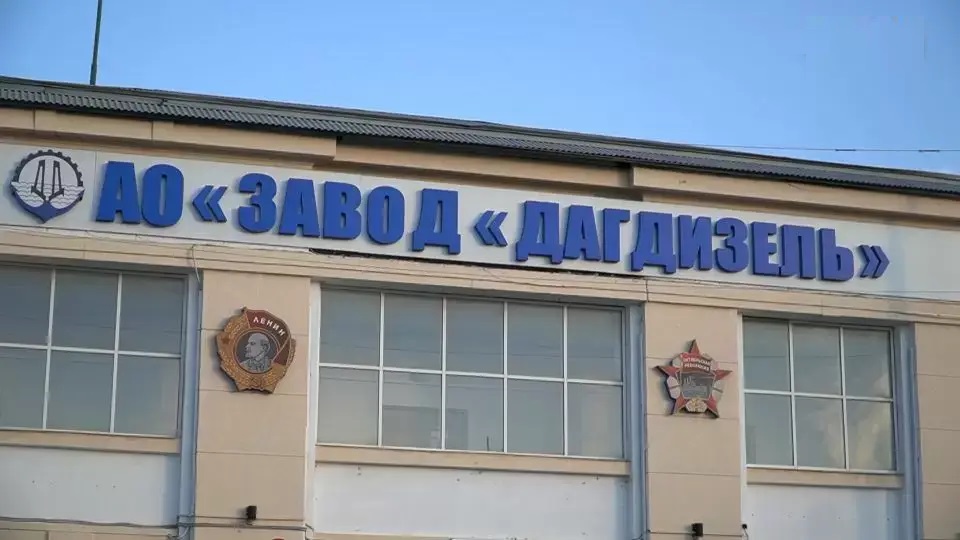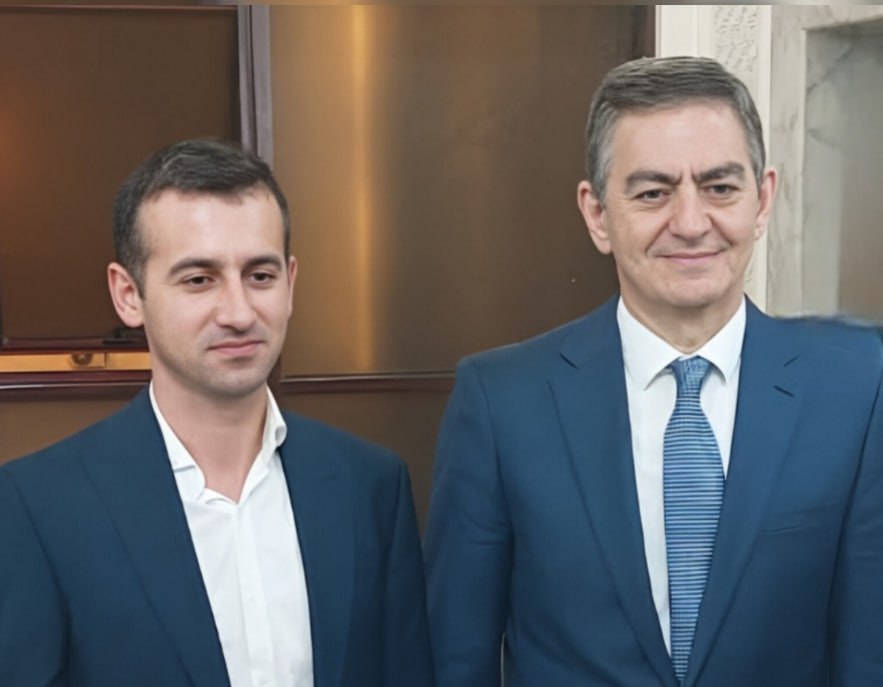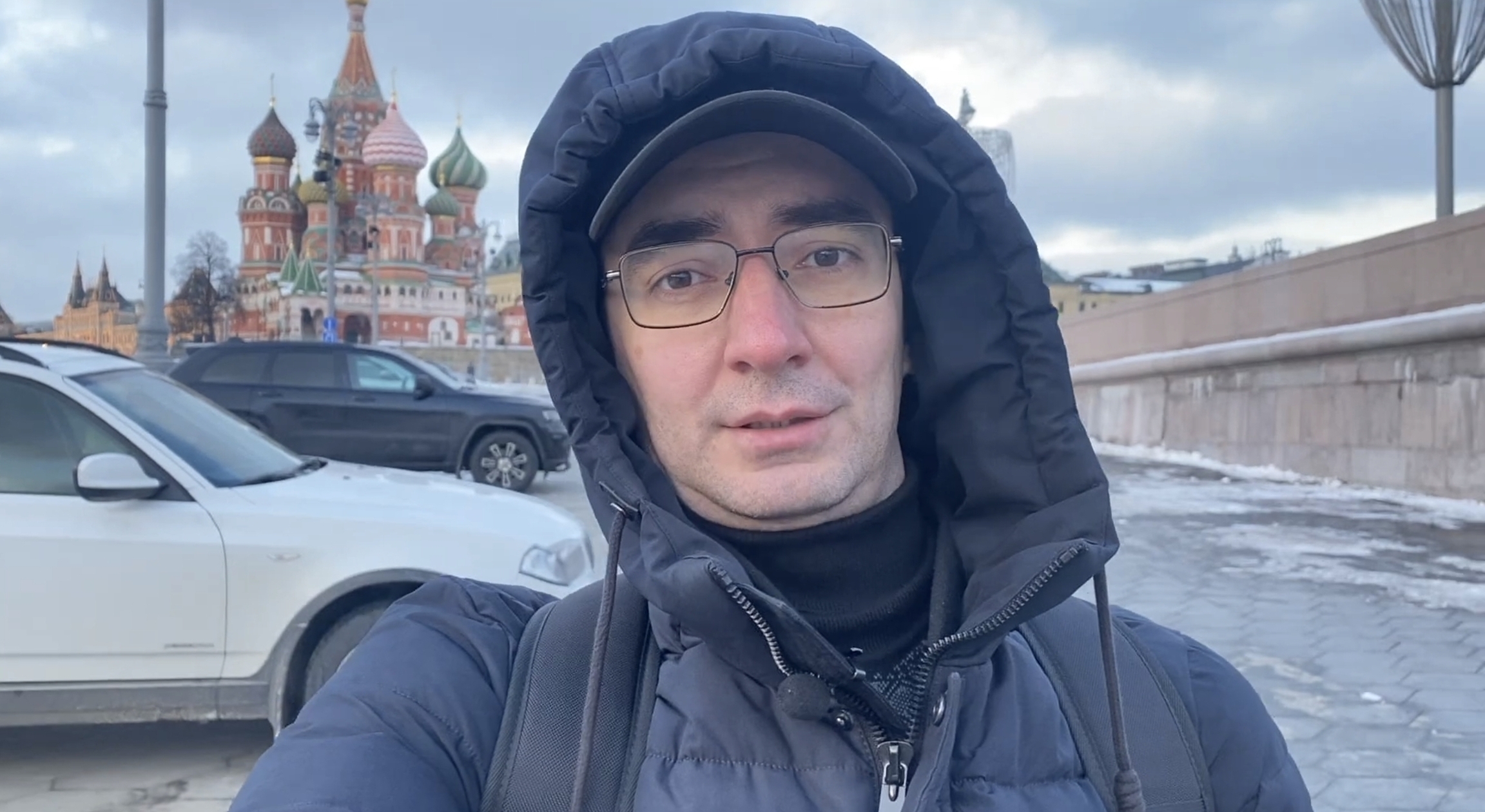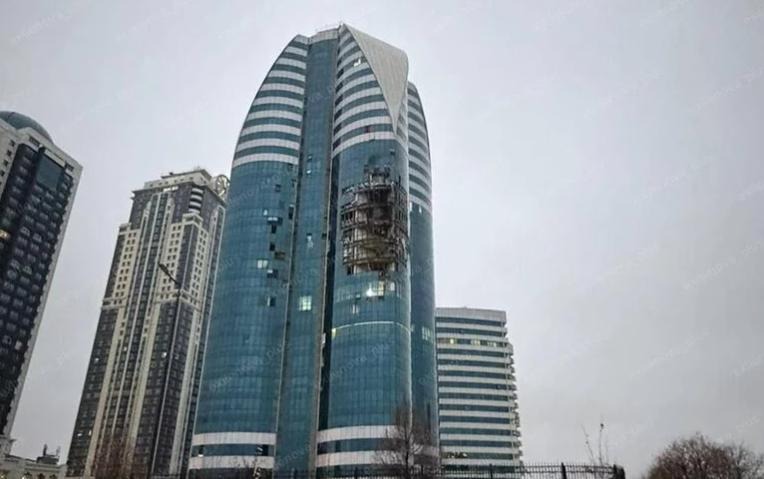Opposition figure Gulu Mammadli stated that the arrest of Ali Karimli, leader of the Popular Front Party of Azerbaijan (PFPA), was expected, but the reasons go beyond simple criticism of the authorities. According to Mammadli, Karimli's publications in major Western media have increased his political significance and visibility abroad, which has caused concern among the Azerbaijani authorities.

In Kaspiysk, Dagestan, on the territory of JSC Dagdizel Plant, a solemn ceremony was held to name the plant square after Joseph Stalin and unveil a memorial plaque in his honor. The event was attended by representatives of the city authorities, the plant's management, veterans and public figures.
First Deputy General Director Ruslan Kasumov emphasized that this decision is a tribute to Stalin's role in the creation and development of the plant, noting that it was Stalin who supported Sergo Ordzhonikidze's initiative to build a plant in Kaspiysk.
Such veneration of the memory of a tyrant and murderer who destroyed hundreds of thousands and millions of people causes indignation in the republics neighboring Dagestan, whose people were totally subjected to forced eviction from their native lands. In the 1940s, Chechens, Ingush, Karachays, Balkars, Crimean Tatars, Bashkirs, Koreans, Kalmyks, Germans, Ingrian Finns and other peoples of the USSR were deported on his orders.
In 1991, the Supreme Soviet of the RSFSR adopted a law on the rehabilitation of repressed peoples. However, it was not fully implemented, mainly in terms of territorial rehabilitation. Moreover, even the government in Russia that is considered democratic - from 1991 to 1999 - did not give a clear political and legal assessment of Stalinism. And since the early 2000s, the trend of rehabilitating Stalin's name has been on the rise. There have been more and more objects named after him, and Stalin's policy is being revived in many areas.
Dagestan ranks second among Russian regions in the number of objects bearing the name of Joseph Stalin; North Ossetia-Alania has held the “leadership” in this regard for many years.



